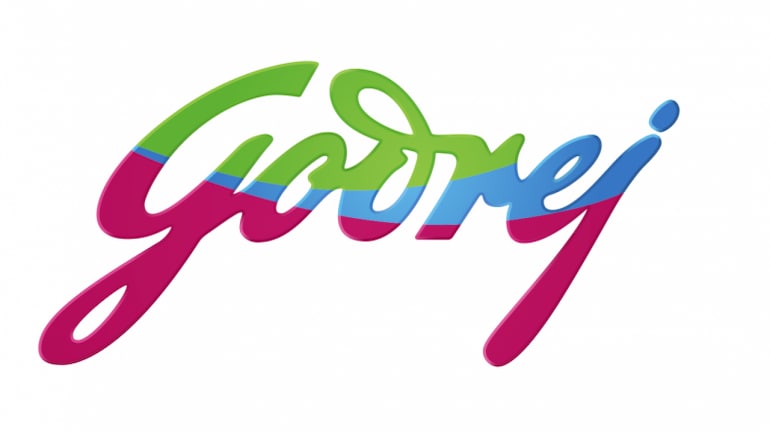



Ruchi Agrawal Moneycontrol Research
Post the announcement of plans to enter the bidding race for Ruchi Soya, which is undergoing insolvency resolution process under NCLT, the shares of Godrej Agrovet (GAL) saw an upward movement last month.
GAL is not the first and many eminent companies, both domestic and international have expressed interest to acquire the debt laden company. More than 25 companies are in the race to bid for Ruchi Soya, including some renowned names like Emami, Patanjali, ITC, etc.
GAL has already expressed intent to bid for a stake in Ruchi Soya, however it is mainly interested in the palm oil segment of the company which forms around 12 to 14 per cent of the total business of Ruchi Soya. It is also looking for other companies who might be interested in forming a consortium and bid together.
Update on Ruchi Soya
Ruchi Soya is India’s largest edible oil extraction company with a capacity of 3.72 million tonnes per annum of which around 0.9 Million metric tonne accounts for palm oil extraction. It has more than 2 lac hectares of oil palm land under cultivation across India. Revenue from the total refined oil business forms almost 74 per cent of the total revenues of Ruchi Soya.
As of 30 September 2017, borrowings stood at around Rs 6000 crore with total debt of Rs 12000 crore and cash of Rs 90 crore on its balance sheet. Last year, it announced a 51 per cent stake sale to private equity major Devonshire Capital for about Rs 4,000 crore. However, with the NCLT admitting its case under the corporate insolvency resolution, the Devonshire deal could not close.
What’s in it for Agrovet
Godrej Agrovet has a diversified business and is the largest player in the oil palm segment in India. Palm oil segment forms around 13 per cent of Agrovet’s topline and was in fact the major revenue and profit driver in Q3FY18. GAL has a rapidly growing presence in the palm oil business in India and abroad with around 61,700 hectares of land under palm oil cultivation. The company has been the major beneficiary of the recent import duties on palm and refined oil which stand to give the company a competitive edge over imports and boost its domestic presence and penetration.
GAL has a healthy balance sheet with minimal debt and a debt to equity ratio of around 0.15x. The company has had a keen eye on expanding its business through the inorganic route and Ruchi Soya happens to be available at the right time.
The palm oil business of Ruchi Soya would help GAL rapidly expand its own palm oil segment both domestically and in international markets. It would give GAL access to ready network and markets which would facilitate expansion.
Deal financials and outlook
According to Ruchi Soya, the current bids hover in the range of Rs 8000-10000 crore, which appears to be on a higher side. The management expects that here would be an estimated 30-40 per cent haircut taken by various banks in the deal. This would reduce the debt to around Rs 4,000 crore approximately and would lead to interest cost saving of Rs 500-550 crore for the company. The interest cost would fall from Rs 830 crore to around Rs 250 crore post this deal. However, deal valuation seem very high and we need to wait and watch before some clarity emerges on the same.
Although the exact silhouettes of the proposal are not available but assuming Agrovet leads the race, and finances the deal through debt, this would lead to substantial deterioration of the debt to equity ratio.
However, since GAL is explicitly interested only in the palm oil business which forms only around 12 to 14 per cent of the Ruchi Soya’s business, we expect it to bid in a consortium or collaboration between various bidding companies and thereby we see limited financial burden on GAL.
Although GAL is keenly interested in the palm oil business, we highly doubt any cow boyish move by the company and expect the balance sheet sanctity to remain even post the deal. Given the low leverage currently, GAL is in a good position to raise debt. A certain finance cost would enter the company’s accounts which would reduce the interest cover. The deal could be EPS dilutive in the short run.
In the longer term, we see substantial synergies with GAL acquiring access to the established palm oil plantations and network of Ruchi Soya. It would facilitate rapid expansion for GAL’s palm oil segment. It would also help GAL leverage the current positive stance for the domestic palm oil production and export segment.
For more research articles, visit our Moneycontrol Research Page.
Discover the latest Business News, Sensex, and Nifty updates. Obtain Personal Finance insights, tax queries, and expert opinions on Moneycontrol or download the Moneycontrol App to stay updated!